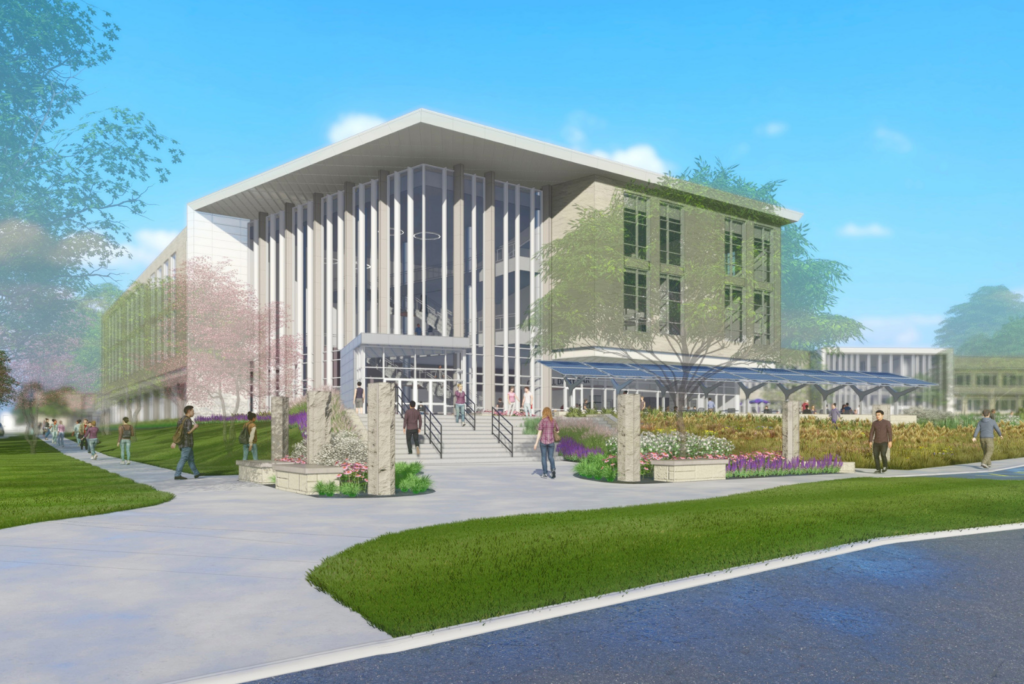MANHATTAN, KS — Bold. Ambitious. Visionary. Those three words describe innovation to a T. The agriculture infrastructure initiative underway at Kansas State University in Manhattan, KS, meets those criteria, with a fourth descriptor thrown in by those involved in the project: exciting.
The word infrastructure typically indicates physical facility upgrades, and while those are part of the initiative, they are just the beginning. K-State’s overarching vision is to develop an interdisciplinary approach to working with the baking and milling industry to not only enhance the school’s reputation as a global grain science think tank but also contribute to solving some of the world’s most challenging food-related problems. To support that vision, a new Global Center for Grain and Food Innovation will dedicate approximately 30% of its space to multidisciplinary work.
Leading the charge are Ernie Minton, PhD, dean of the College of Agriculture and director of K-State Research and Extension, and the university’s president, Richard Linton, PhD, who joined the school in 2022 from North Carolina State University. During his time at NC State, Dr. Linton led the effort to build a multimillion-dollar, multidisciplinary building to house agricultural scientists who could problem-solve alongside engineers, data scientists and students from other disciplines.








